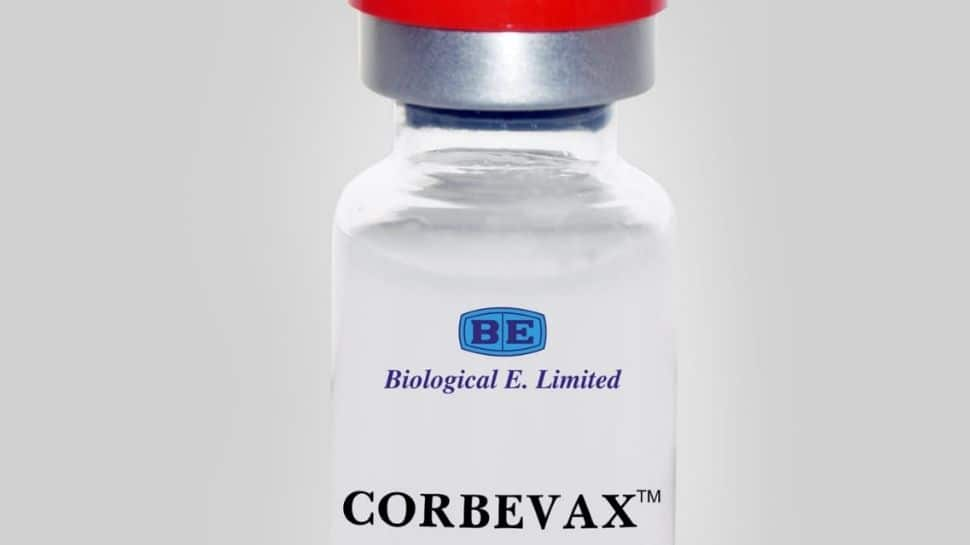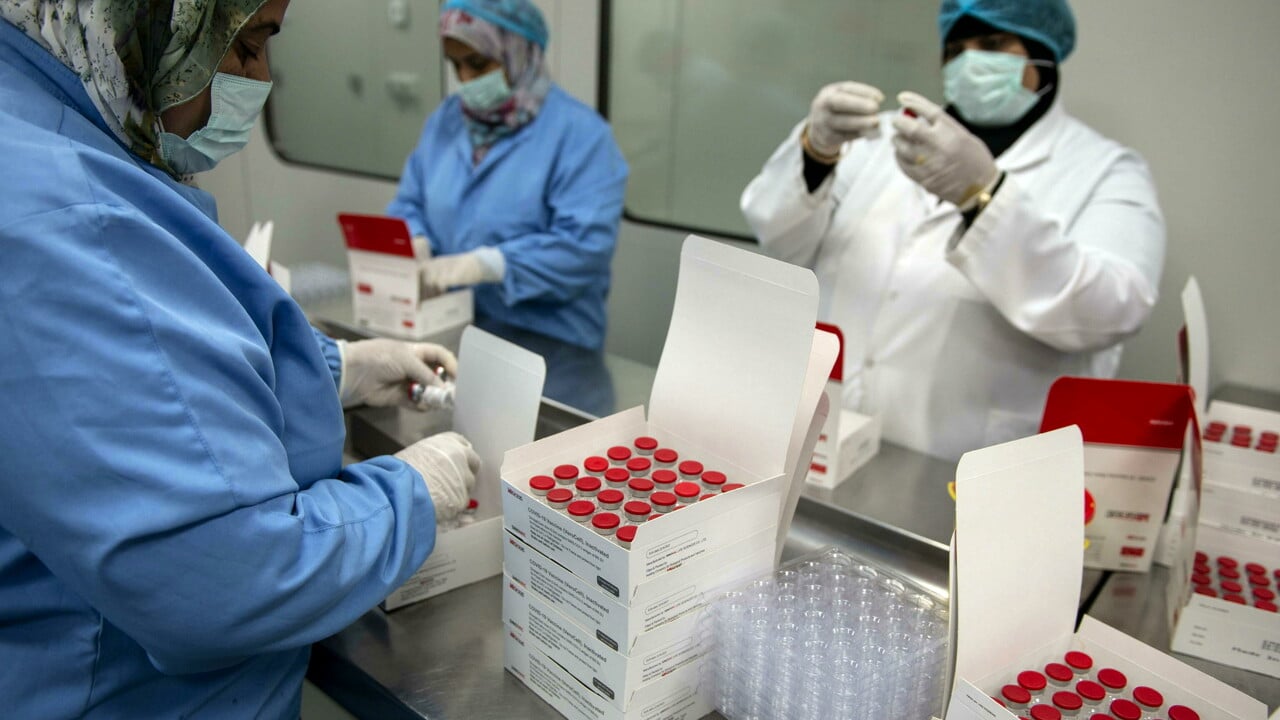A new COVID-19 vaccine is being developed by researchers at Texas Children's Hospital and Baylor College of Medicine. It's called Corbevax, and it's the first to be offered off-patent to any company that wants to produce it. Human studies have shown the vaccine to be safe and effective. And India has already authorized its use, expecting to administer more than 100 million doses per month.
How Corbevax is made
Corbevax is based on traditional protein-based technology, somewhat like the recent Novavax. Like other vaccines COVID-19, Corbevax focuses on the spike protein of the coronavirus, but instead of using mRNA to direct our cells to make those spike proteins internally it provides the body with lab-grown spike proteins.

The developers of Corbevax took a gene that codes for a protein and made yeast produce it. They collected, purified and finally combined this protein with an adjuvant to enhance the immune response.
There is also a piece of Italy in the discovery: Maria Elena Bottazzi, one of the project's lead researchers, was born in Italy and then moved to Honduras at the age of 8. “Protein-based vaccines have been widely used to prevent many other diseases,” says Dr. Bottazzi. “They have proven security and can achieve low-cost scalability around the world”
Human studies
At the end of 2020, the US research team that developed the vaccine has joined forces with Indian pharmaceutical company Biological E to initiate clinical trials and establish production capacity. In 2021, clinical trials with several thousand participants showed that Corbevax is safe and effective in producing strong immune responses to SARS-CoV-2.
The study data was compared with an already approved vaccine called Covishield (the Indian version of Astrazeneca's well-known COVID-19 vaccine). Corbevax generated fewer adverse effects and produced a stronger immune response.
The effectiveness? We can talk about it: the antibody responses of Corbevax indicate that the vaccine should be effective at least 80% in preventing symptomatic COVID-19 of the Delta variant. Researchers estimate the efficacy against the Omicron variant (results expected soon) equivalent to most vaccines currently available.
A gift to the world
The most important feature of this new vaccine, I emphasize, is the fact that it was developed without a patent to be easily manufactured all over the world. Peter Hotez, one of the researchers leading the project, described it as a “gift to the world”.
I find it a great answer to address what is a real humanitarian crisis: the vulnerability that low- and middle-income countries face against the virus, having few vaccines (and little money to buy them).


